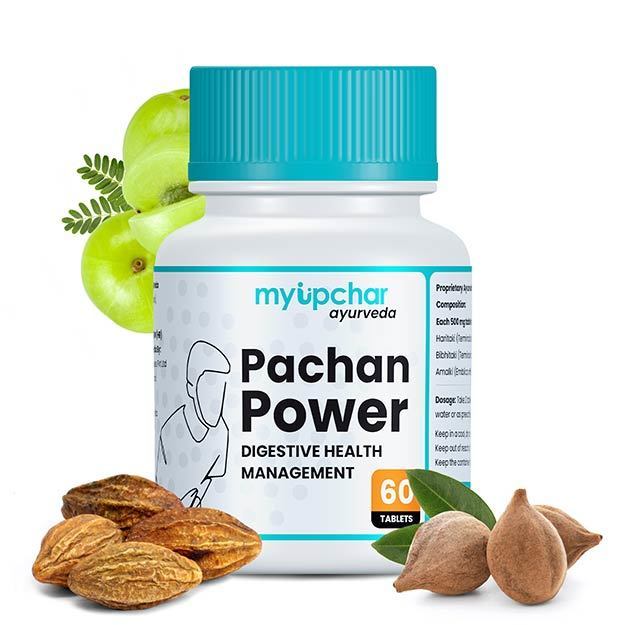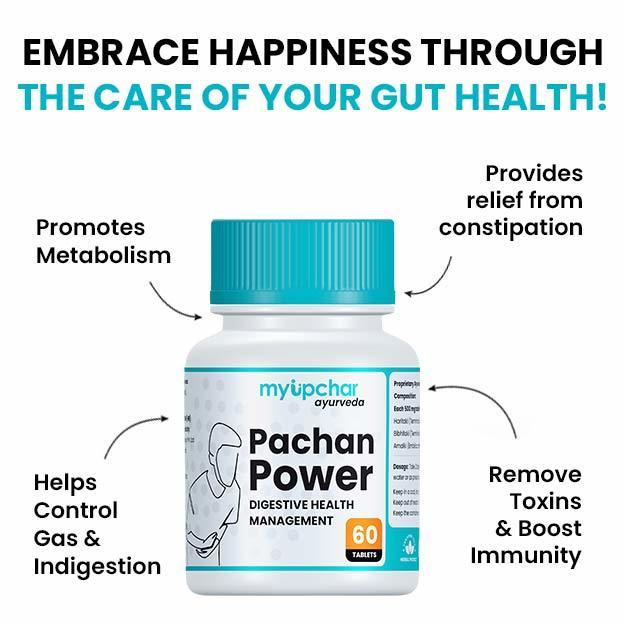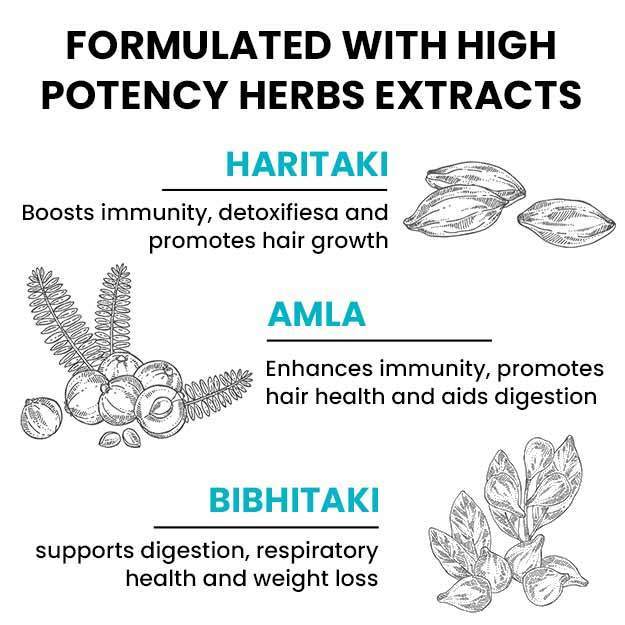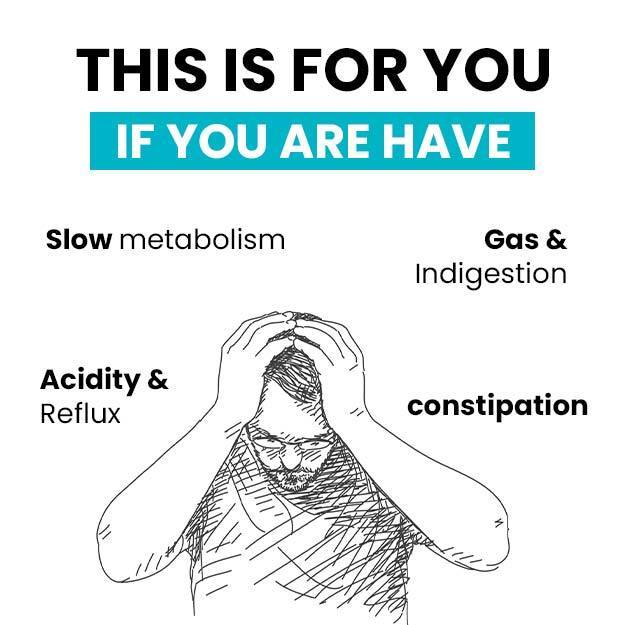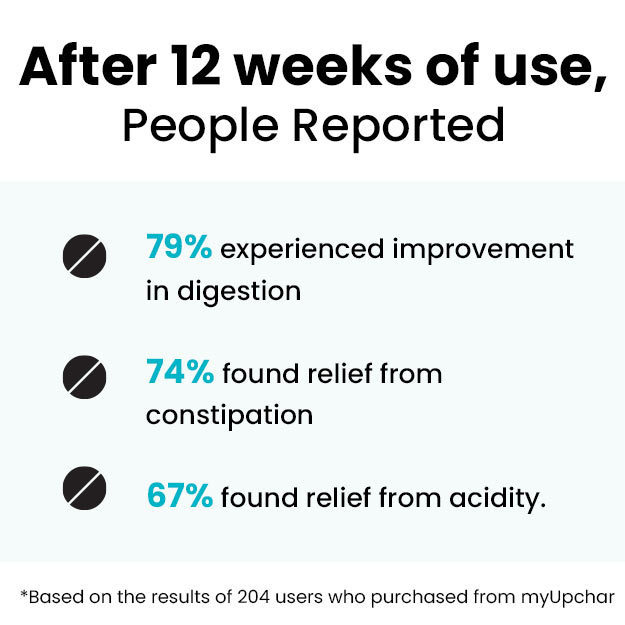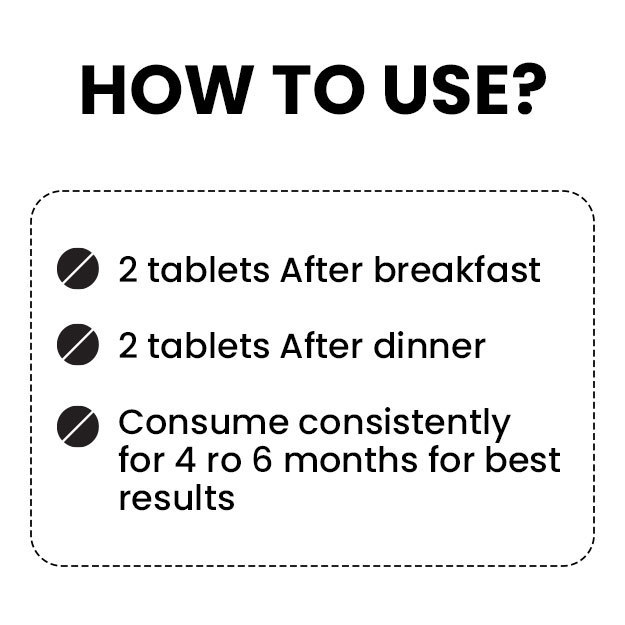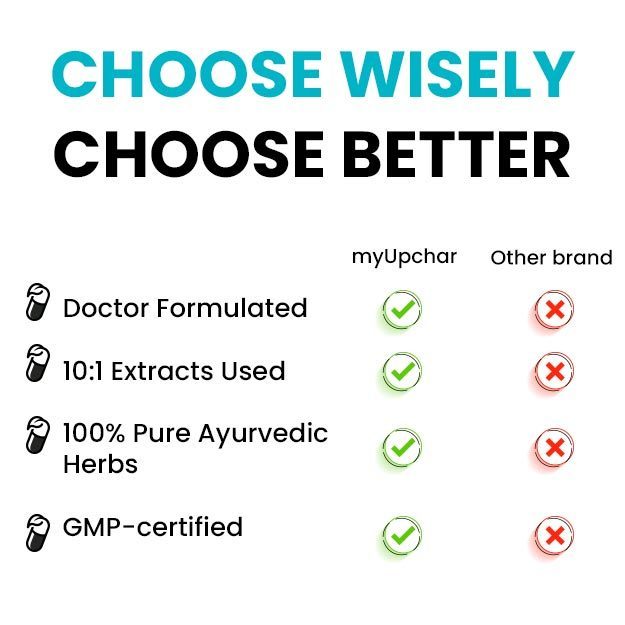Whatever we eat and drink, our body breaks it down to produce energy. The process of digestion begins from the mouth where we chew the food and then proceeds to the stomach, and later, the intestines. During the breakdown of the food to make energy, a whole lot of gas is produced which is released by the body in the form of burps and flatulence. You will be amazed to know that, on average, a person passes gas almost 20 times a day.
When this gas is unable to release itself, it stores in the body in the form of bloating, painful cramps and stomach gas. Bloating is a gastrointestinal symptom that can occur due to various factors from food consumption to something as insignificant as chewing gum.
Here in this article, we give you some tips that would help you resolve stomach gas at home with the help of easily available ingredients.





